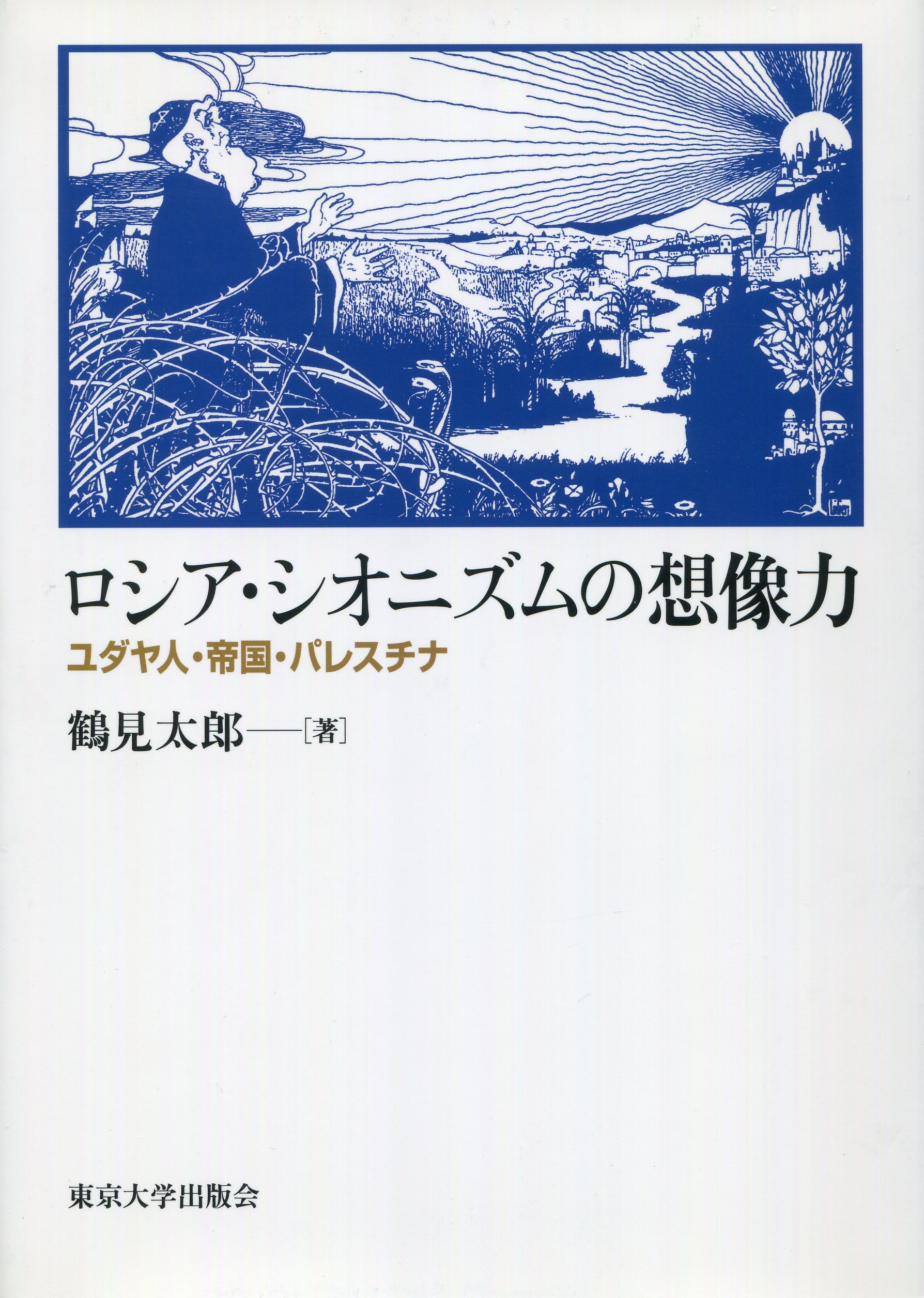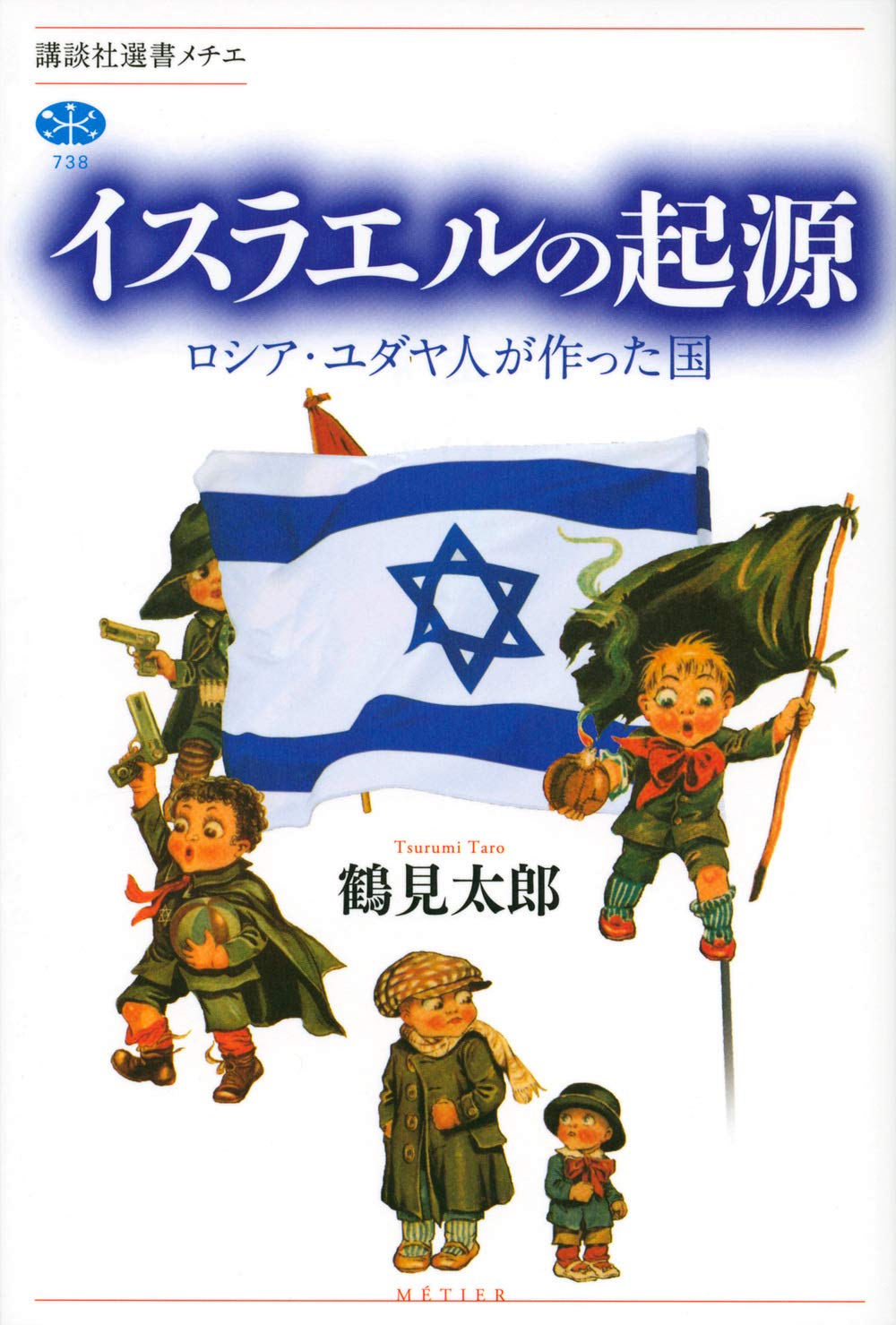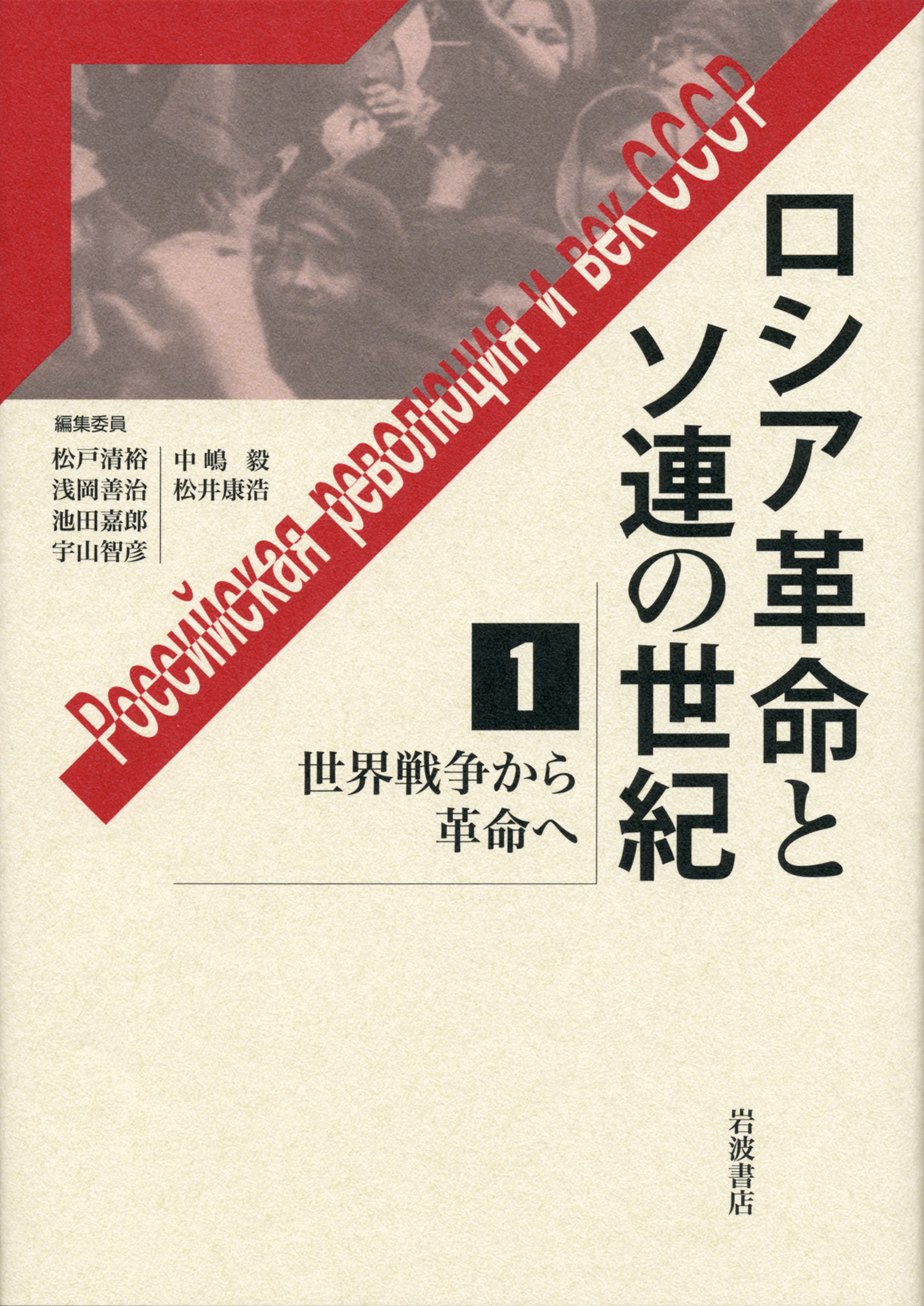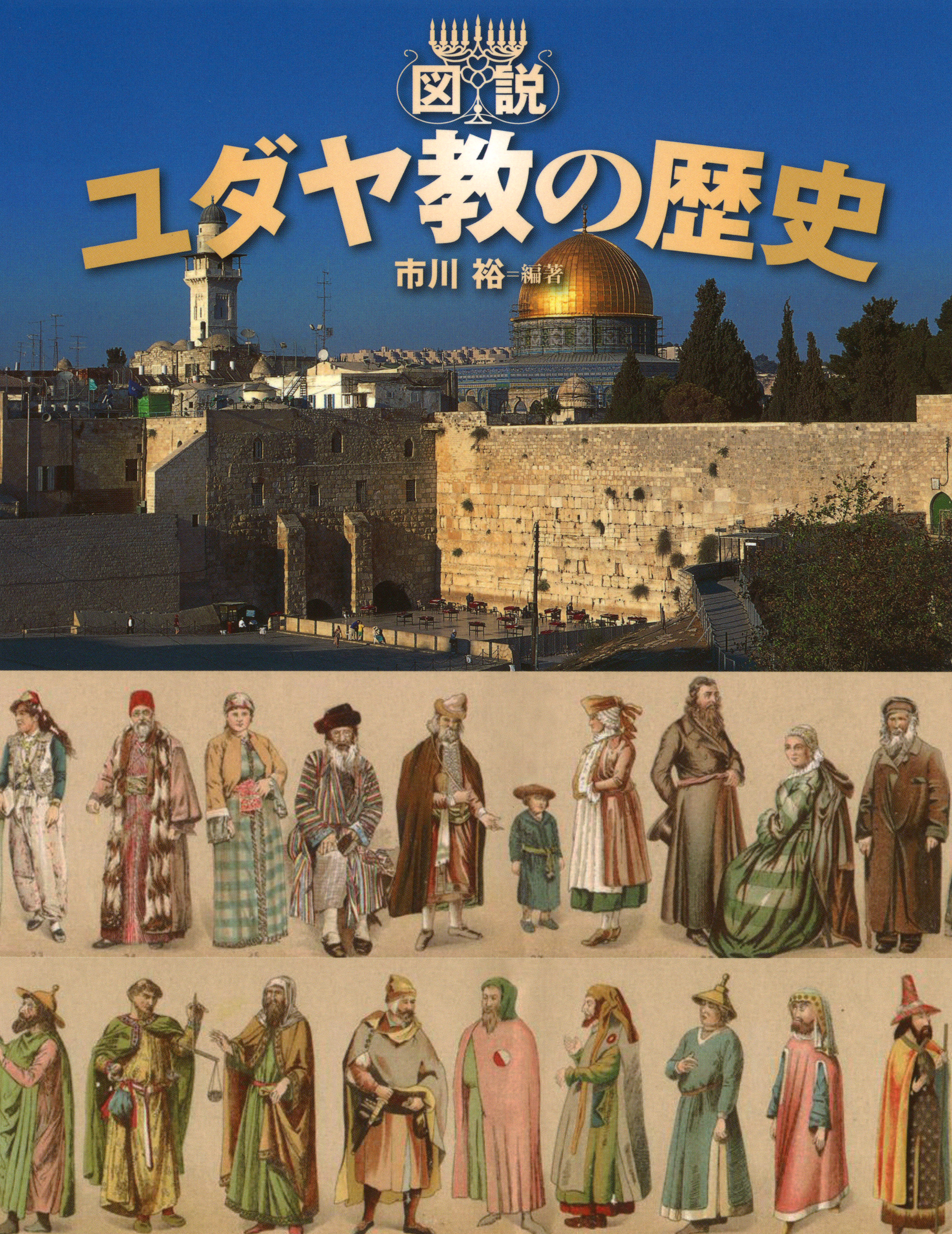
Title
Russian Zionism no Sozoryoku (The Imagination of Russian Zionism - Jewry, the Empire and Palestine)
Size
524 pages, A5 format
Language
Japanese
Released
January 24, 2012
ISBN
978-4-13-016032-2
Published by
University of Tokyo Press
Book Info
See Book Availability at Library
Japanese Page
The conflict between Israel and Palestine has endured for almost a century until today, unfortunately rendering itself a classic case of the conflicts in the Middle East. It was triggered by a form of Jewish nationalism, Zionism. Before the Holocaust, the Russian Empire and its succeeding territories (mainly the Soviet Union and Poland) had the world’s largest Jewish population. There is no denying that the eruption of anti-semitism was in the background leading to the Holocaust, but in order to probe what subsequently happened in Palestine, it is necessary to revisit the birth of Zionism and explore the minute details. By doing so, light is shed upon the actual influences of anti-semitism and inner aspects of those Jews who became Zionists. It is not difficult to imagine that resolving the conflict today is not at all easy, but taking great lessons from it is, at least, what humanity must do.
This book has approached this problem through a large body of primary sources, notably the Zionist publications and brochures in the Russian language. What transpires through looking into Zionism in the non-socialist imperial Russia is, contrary to the conventional theory that attributes the movement of migration to Palestine to the early protest against the 1881 pogrom, that early Russian Zionists did not directly intend to ‘return’ to Palestine in asserting the establishment of their own ‘nation,’ but they rather aspired to become more settled in Russia and improve their standing in society.
In Chapter 1, histories of the late 19th-century Russian Empire, of Russian Jews and the early period of Zionism are analyzed from the historical and sociological perspectives. Following this, it is revealed that, under those historical and social conditions, Jews saw Zionism in a certain sense as a movement to secure them a sociopolitical position recognized as a ‘nation’ in the society under the Empire rather than an ‘inferior social class.’
Chapter 2 reveals that Zionists conceived of the ‘nation’ to be a useful concept to place Jewry into the context of imperial Russia. They believed that, once recognized as an independent nation, Jews would secure a social position within the Empire, be accepted as political actors, and remove the prejudice typical of a people dispersed among ethnic groups that Jews were subordinate to other ethnic groups. It also becomes clear through this inquiry that Zionists elsewhere had deliberately left the essence of Jewishness undiscussed.
Chapter 3 treats the other side of the aspect discussed in Chapter 2, by exploring the reason for not discussing the essence of Jewishness. Having verified that they avoided essentialist assertions despite the conditions that made such assertions likely, this chapter explores the Zionist weekly newspapers in Russian to identify the reasons why they tried to avoid the fixation of culture or definition of Jewishness in an essentialist manner.
Based on the outcomes of the above development, Chapter 4 further explores the international norm that Zionists created. With ‘society’ as a viewpoint, the author discusses the perspectives of Zionists, which they employed, or which enabled them, to cut into Palestine.
(Written by TSURUMI Taro, Associate Professor, Graduate School of Arts and Sciences / 2017)



 Find a book
Find a book




